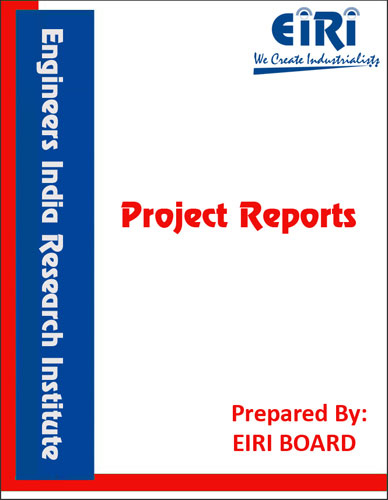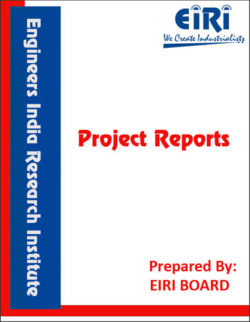UREA FORMALDEHYDE AND MELAMINE FORMALDEHYDE MOULDING POWDER
The project report includes Present Market Position and Expected Future Demand, Market Size, Statistics, Trends, SWOT Analysis and Forecasts. Report provides a comprehensive analysis from industry covering detailed reporting and evaluates the position of the industry by providing insights to the SWOT analysis of the industry.
We can prepare PROJECT REPORT as per your INVESTMENT PLAN for BANK LOAN REQUIREMENT and INDUSTRY ANALYSIS. All reports are prepared by highly qualified consultants and verified by a panel of experts.
Have Query? Click Here to Chat
Industry Expert is Online, Chat with him for more detail.

The reaction between urea and formaldehyde has proved to be extremely complicated. It took about 40 years to reach the present stale knowledge of this reaction, and there are still many problems. Urea has a four replaceable hydrogen atoms, and thus a functionality of four, so there are various possibilities for reaction with formaldehyde. It therefore have the capacity of building up a three dimensional space lattice. The molecular proportion of urea to formaldehyde is very important, as the
relative amount of the reactants determine, to a large extent, the properties of the product. The reaction temperature is another decisive factor, ambient, medium or high temperature produces resins with different properties. The same urea-formaldehyde condensation product may have different applications, which demand higher or lower viscosity. It is therefore essential to define the resins as to their extent of condensation. These possibilities of variations largely amount
for the remarkable versality of urea-formaldehyde resins.
Project Reports Cover:
- Introduction
- Uses and Applications
- Properties
- Market Survey with future aspects
- Present Manufacturers
- B.I.S. Specifications
- Manufacturing Process with Formulae
- Cost Economics with Profitability Analysis
- Capacity
- Land & Building Requirements with Rates
- List & Details of Plant and Machinery with their Costs
- Raw Materials
- Details/List and Costs
- Power & Water Requirements
- Labour/Staff Requirements
- Utilities and Overheads
- Total Capital Investment
- Turnover
- Cost of Production
- Break Even Point
- Profitability
- Land Man Ratio
- Suppliers of Plant & Machineries and Raw Materials.



